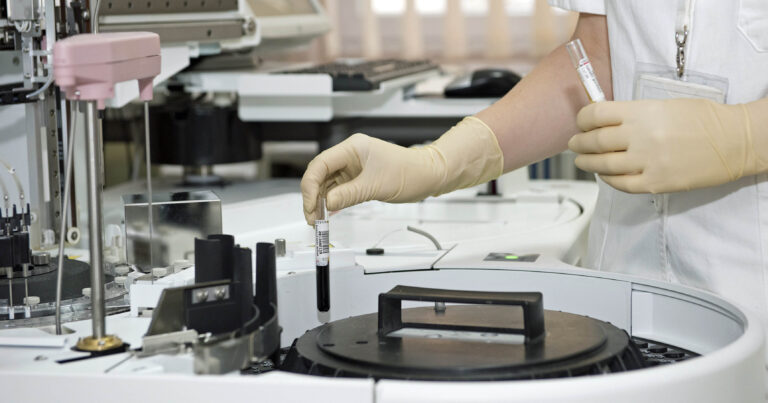Cardiology Physician Assistant Career Guide
Looking for a different career guide?
Overview
Cardiology Physician Assistants (PAs) play a vital role in the field of cardiovascular health, assisting cardiologists in diagnosing, treating and managing patients with heart conditions. In this comprehensive guide, we will explore the role of a Cardiology PA, the educational requirements, qualifications, necessary skills, responsibilities and the pros and cons of this specialized healthcare field.
Cardiology PAs specialize in
Education
To become a Cardiology PA, you must first complete a Bachelor's degree, followed by enrollment in a Master's degree program in Physician Assistant Studies. These programs typically take about two to three years to complete and are offered by accredited universities and medical schools. Admission prerequisites often include a bachelor's degree, prerequisite coursework in science and healthcare and relevant healthcare
Qualifications

Skills
To succeed as a PA in the field of cardiology, you'll need a wide range of skills and competencies. These include a deep understanding of cardiovascular anatomy, physiology, and diseases. You'll also need to be proficient in interpreting cardiac tests and diagnostic results, as well as be able to effectively communicate with patients and their families, even when explaining complex
Responsibilities
Cardiology Physician Assistants are responsible for a wide range of tasks related to cardiovascular health. These tasks include conducting comprehensive cardiovascular assessments, ordering and interpreting diagnostic tests like stress tests and angiograms, developing and implementing treatment plans that may involve medication management, providing patient education on heart health, lifestyle changes, and medication compliance, assisting in cardiac procedures such as angioplasty
Salary Insights
The average salary for a Cardiology Physician Assistant is $1,700.00 per week.
Last updated on December 19, 2025. Based on active jobs on Vivian.com.
Pros & Cons
Working as a cardiology physician assistant can be a highly impactful and rewarding career choice. By preventing and managing heart conditions, cardiology PAs have the opportunity to make a meaningful difference in the lives of their patients. Furthermore, due to the prevalence of cardiovascular diseases, there is a growing demand for cardiology PAs, ensuring a stable job market.
One of the
Some of the content on this page was enhanced using artificial intelligence.
Join over 1 million healthcare workers that are getting a head start with Vivian.
Join Vivian





